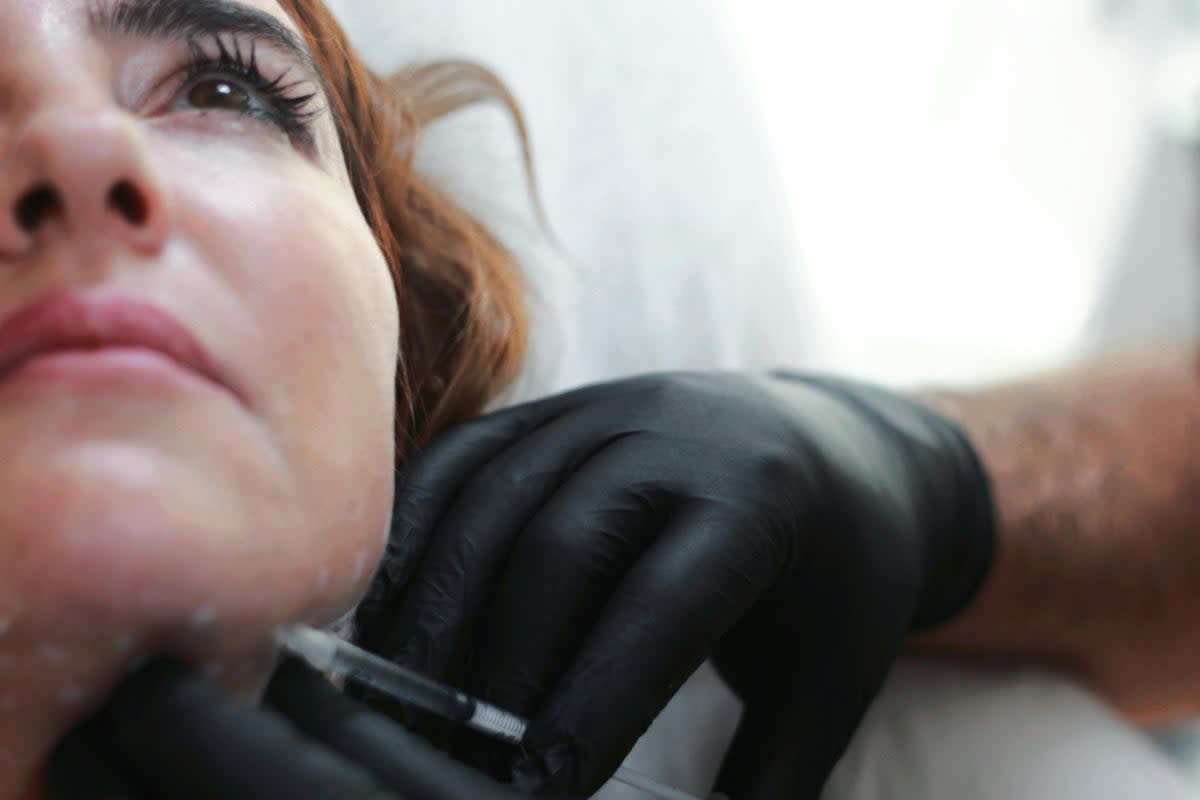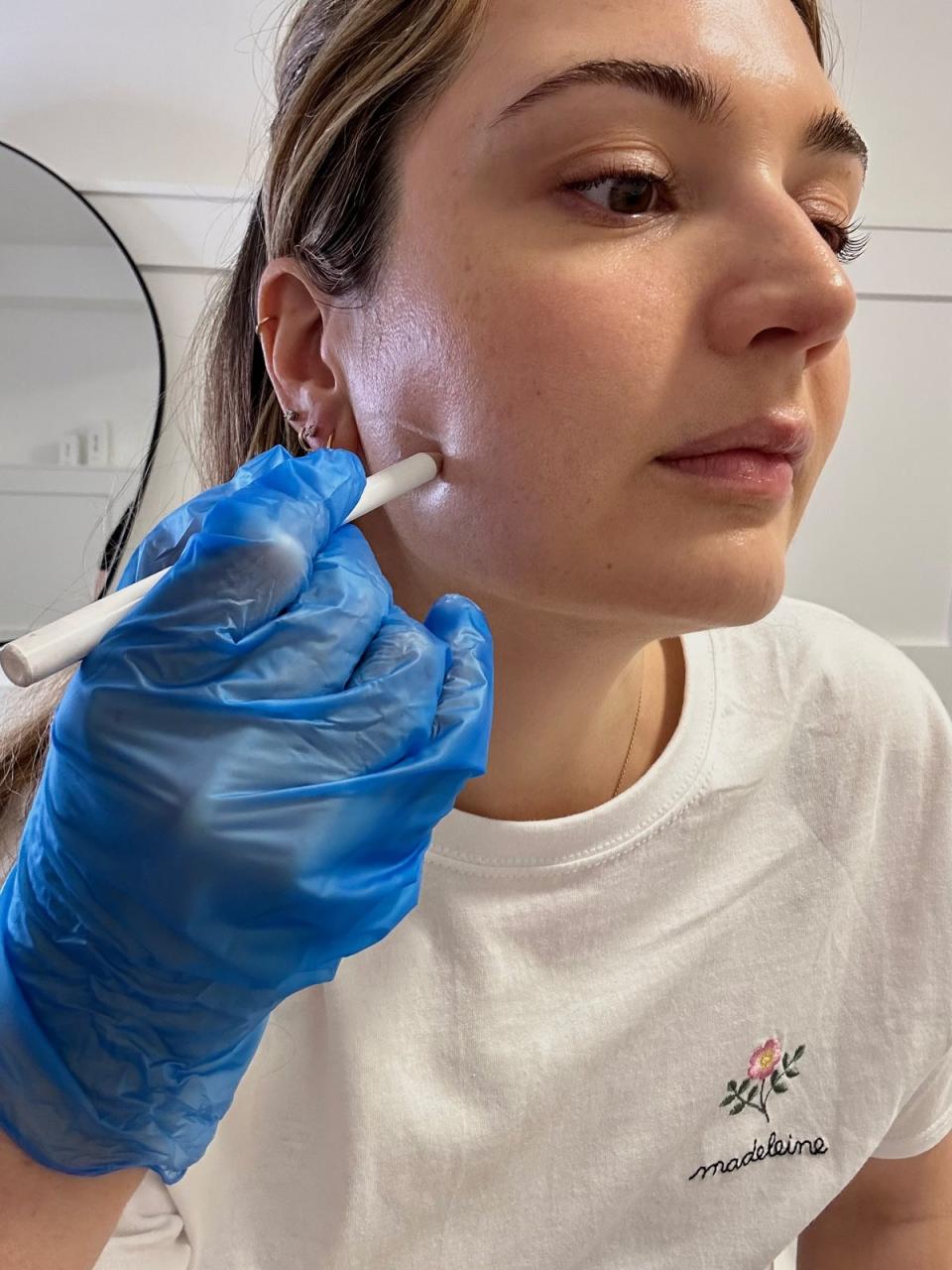I tried masseter botox for my jaw pain and receding gums — I'm a convert

Here’s what I do when stress descends: I breathe more shallowly, my shoulders hunch, and my jaw clenches.
I’m sure they’re all very bad for me, but the jaw clenching started to become a more immediate problem around a few months ago when I went to see my dentist and they issued a stern warning: “it’s pushing your teeth into your gums,” they said, accelerating my gum recession.
I was a bit cavalier about my gums receding in all honesty, thinking it would mean more tooth on display and maybe a little sensitivity if I ate ice cream but by and large I was going to carry on as I was. That was, until the dentist told me what he’d need to do if I didn’t take action.
Broadly, the options involved either separating my gums from the top of the tooth and tugging them down, or taking a little gum from the roof of my mouth, a dead human, or a dead pig, and grafting it under my existing gum. The horror of both those prompted me to beg for something — anything — they could do before it got to that stage. My dentist said if I could reduce the intensity of the clench, perhaps it would slow things down.
Enter masseter Botox, in which the quadrangular muscle responsible for chewing, and in my case clenching, is injected to reduce its power. I’d hitherto been an injectables refusenik primarily on the grounds that I find faces that move naturally quite charming and loathe the look of obvious work, worrying that once I tugged on the thread I’d be one of those people who couldn’t stop.

But given the choice between a few little injections and the inevitable hell of having my gums tugged and cut, I decided I should probably just get the bloody Botox. And so I did, going to Teresa Tarmey’s Notting Hill clinic to see Dr Amy Bibby, who palpated my masseter to determine how much to inject, before telling me to go for at least the three quarter dose because “you’ve got a jaw like a crocodile, this is the biggest masseter I’ve felt.”
I expected the injections to hurt, but the experience isn’t even worth going into detail on, just a few little pricks of the needle and the job was done.
The after effect however was quite astonishing. Around a day later, I thought I was salivating more than usual because I dribbled onto my pillow in bed and a little when I smelled food like a hungry dog, but realised that both were the result of my jaw loosening up. After a few hours of acclimatising I learned how to hold my jaw (and dribble) so I didn’t resemble a hound, then went about my day without any of the tension accumulating in my face.
A few weeks later, and I am evangelistic about it: not only have I stopped waking up with throbbing gums and an aching jaw, but my neck is looser, and the knots of muscle that had started to make my face look quite jaw-heavy have melted away.
If you like the sound of masseter Botox, I feel duty-bound to remind you that not all practitioners are trained to the same level as Dr Bibby, so please do your homework. I asked Dr Catherine Fairris, president of British College of Aesthetic Medicine and founder of the Wessex Skin Clinic, how to find a good practitioner and she said it is worth using the British College of Aesthetic medicine’s search engine to find someone qualified and experienced.
Then make sure a proper medical history is taken, the risks and benefits of the treatment are properly outlined, and emergency/out of hours contact details are provided should something go wrong. Dr Fairris warns that complications of masseter Botox can include “failure of treatment, pain, laxity of the jaw and potential problems with the underlying joint.”
Get it right and you may just, like me, become a convert. Now, to resist the lure of more...


